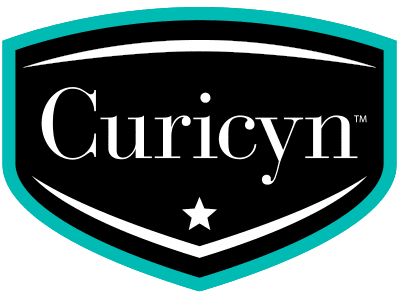What table foods are bad for dogs?
What table foods are bad for dogs?
In general, you shouldn’t feed your dog food from the table at all. But, if you are set on slipping them little bites of food, you need to know what could harm them. And, if you have a lot of people in your house, everyone needs to be aware of foods that can create a problem. So, how do you know what you can and cannot feed you pup? Below is a list that includes the most common toxic table scraps.
Table foods that are bad for dogs
- Onions, Garlic, and chives, even powdered, contain chemicals that can endanger your dog’s health.
- Chocolate contains a chemical that is highly toxic to dogs and cats. Anything containing cocoa or chocolate should be kept away from your pet. A large amount can cause seizures, irregular heart function, and even death.
- Grapes and Raisins, even just a few, can damage your pet’s kidneys and can be deadly.
- Caffeine, including coffee, tea, energy drinks, or anything else containing caffeine, should not be given to your dog.
- Artificial Sweeteners are acutely toxic to dogs. This includes sugarless gums and candies which contain Xylitol.
- Milk. Some dogs have an intolerance to lactose, consequently, cow’s milk or milk-based products like ice cream can lead to digestive issues such as upset stomach and diarrhea, or even food allergies.
- Avocados. Just a small amount can cause massive vomiting and diarrhea in dogs and cats.
- Alcoholic beverages. Beer, wine, and liquor are all dangerous for your dog. Side effects can include vomiting, diarrhea, depression of the central nervous system, coordination problems, breathing issues, and tremors. In extreme cases, your pet could fall into a coma or die.
- Macadamia nuts, raw or roasted. The symptoms can include, vomiting, tremors, weakness, and depression. They usually start within a half-day after ingesting and can last about 12 to 48 hours.
- Almonds may not be toxic to your dog but they can cause problems if not chewed completely. Salted almonds are especially dangerous as they can increase water retention, which is potentially fatal to dogs prone to heart disease.
- Raw yeast dough can expand in your pet’s stomach, leading to increased gas, vomiting, abdominal discomfort, and bloating.
In Conclusion
If you can’t resist those sad puppy dog eyes begging for food, be sure you give them healthy treats. Also, remember treats should make up no more than 10% of their calorie intake for the day. You can feed your pup pieces of lean, cooked meat, small amounts of veggies and fruit (avoiding onions, avocados, raisins, and grapes). You may also want to hold back on foods loaded with butter and salt.
If you believe your animal has ingested a toxic table scrap, try to stay calm. Remember it is important to act quickly, but rationally. Contact your veterinarian or Pet Poison Helpline as soon as possible. Most importantly, try to keep your pet calm.
For more information on Curicyn Animal Wound Care products click HERE
References
AKC Staff (April 24, 2020). Human foods dogs can eat and can’t eat. AKC. Retrieved from https://www.akc.org/expert-advice/nutrition/human-foods-dogs-can-and-cant-eat/
Bonham, M. (n.d.). Feeding table scraps–do or don’t? MyPet.com. Retrieved from http://www.mypet.com/pet-nutrition/table-scraps.aspx
Healthy Pets (n.d.). 10 Table foods pets shouldn’t eat. Animal Planet. Retrieved from http://www.animalplanet.com/pets/healthy-pets/table-foods-pets/
